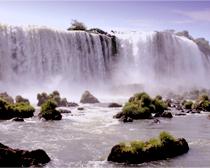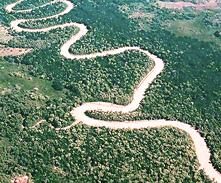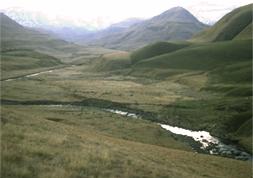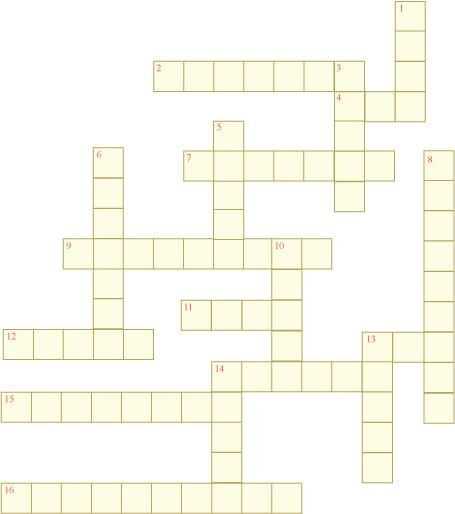Our Changing Earth
Match the following.
|
(i) Glacier |
(a) Sea shore |
|
(ii) Meanders |
(b) Mushroom rock |
|
(iii) Beach |
(c) River of ice |
|
(iv) Sand dunes |
(d) Rivers |
|
(v) Waterfall |
(e) Vibrations of Earth |
|
(vi) Earthquake |
(f) Sea cliff |
|
– |
(g) Hard bed rock |
|
– |
(h) Deserts |
|
(i) Glacier |
(c) River of ice |
|
(ii) Meanders |
(d) Rivers |
|
(iii) Beach |
(a) Sea shore |
|
(iv) Sand dunes |
(h) Deserts |
|
(v) Waterfall |
(g) Hard bed rock |
|
(vi) Earthquake |
(e) Vibrations of Earth |
Sponsor Area
Some More Questions From Our Changing Earth Chapter
Give reasons.
(i) Some rocks have a shape of a mushroom.
(ii) Flood plains are very fertile.
(iii) Sea caves are turned into stacks.
(iv) Buildings collapse due to earthquakes.
Activity.
Observe the photographs given below. These are various features made by a river. Identify them and also tell whether they are erosional or depositional or landforms formed by both.
|
Photograph |
Name of the Feature |
Type [Erosional or Depositional or Both] |
 |
– |
– |
 |
– |
– |
 |
– |
– |
For fun.
Solve the crossword puzzle with the help of given clues.

Across | Down |
2. Loop like the bend of a river | 1. Rise and fall of water caused by frictionof wind on water surface |
4. Solid form of water | 3. Flow of water in a channel |
7. Moving mass of ice | 5. Steep perpendicular face of a rock alongsea coast |
9. Sudden descent of water in the bed of a river | 6. Debris of boulder and coarse materialcarried by glacier |
11. Natural cavity on weak rocks formed by action of waves | 8. Crescent-shaped lake formed by a meandering river |
12. Embankment on a river that keeps itin its channel | 10. Fine sand deposited by the action of the wind |
13. Large body of sea water | 13. Isolated mass of rising steep rock near acoastline |
14. Dry area where sand dunes are found | 14. Alluvial tracts of land formed by river deposits at mouth of the river |
15. Small hill of sand caused by the action of the wind | – |
16. Flat plain formed by river deposits during time of flood | – |
Mock Test Series
Sponsor Area
NCERT Book Store
NCERT Sample Papers
Sponsor Area